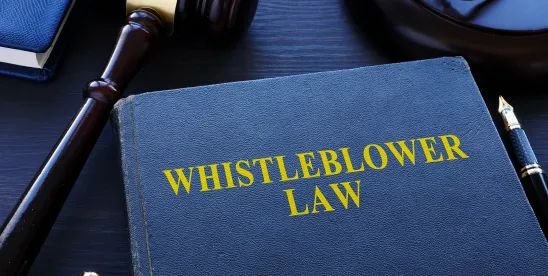On August 29, 2025, the U.S. Department of Justice (“DOJ”) announced the creation of a new Trade Fraud Task Force, which will coordinate among DOJ’s Civil and Criminal Divisions, as well as the Department of Homeland Security, in pursuing enforcement actions against parties who evade tariffs and duties.
The announcement recognized the multiple, overlapping policy reasons for enforcing tariffs and duties. As the announcement stated: “Trade fraud not only deprives the government of vital revenue used to reinvest in America, but also threatens critical domestic industries, undermines consumer confidence, and weakens national security.” The announcement repeatedly emphasized the need to level the playing field for “honest American competitors.”
Significantly, the announcement demonstrated DOJ’s intent to rely heavily on the False Claims Act as on the key enforcement mechanisms in this area. The announcement cited a series of recent settlements of False Claims Act cases involving customs fraud, and quoted Deputy Assistant Attorney General Brenna Jenny as saying that “we welcome the vital contributions of whistleblowers who can help identify fraud schemes involving an array of imported products.” DOJ is encouraging “referrals and cooperation” from “domestic industries,” and also “encourages whistleblowers to utilize the qui tam provisions of the False Claims Act to alert the government to credible allegations of fraud.”
Qui tam cases brought under the False Claims Act are the most effective way for whistleblowers or domestic competitors to help stamp out customs fraud. Not only will a qui tam case get the attention of the newly-formed Trade Fraud Task Force, but also can result in very substantial rewards to the whistleblower or domestic company that initiates the case. Under the False Claims Act, the rewards are generally in the range of 15-30% of the amount recovered for the government. And because the False Claims Act has a “treble damages” provision, the amount of these rewards can quickly become very large. For example, if a defendant owes $2 million in unpaid duties, the False Claims Act liability is three times that amount — $6 million. And in a case in which $6 million is recovered for the government, the party initiating the case will receive a reward of between $900,000 and $1,800,000.




 />i
/>i

